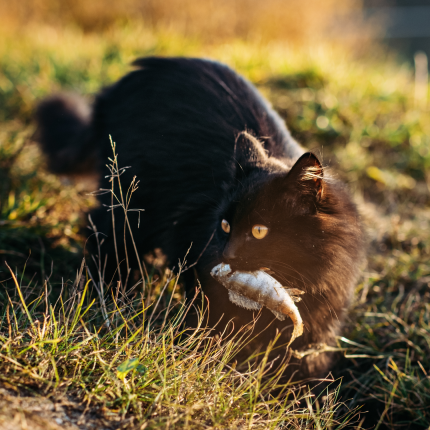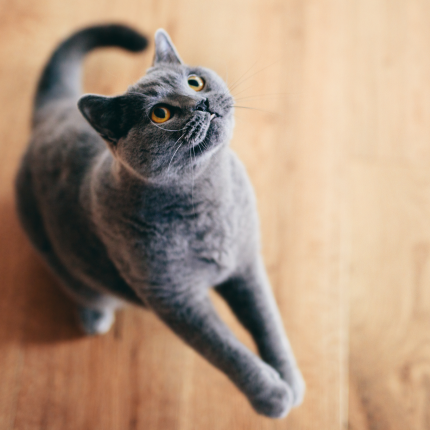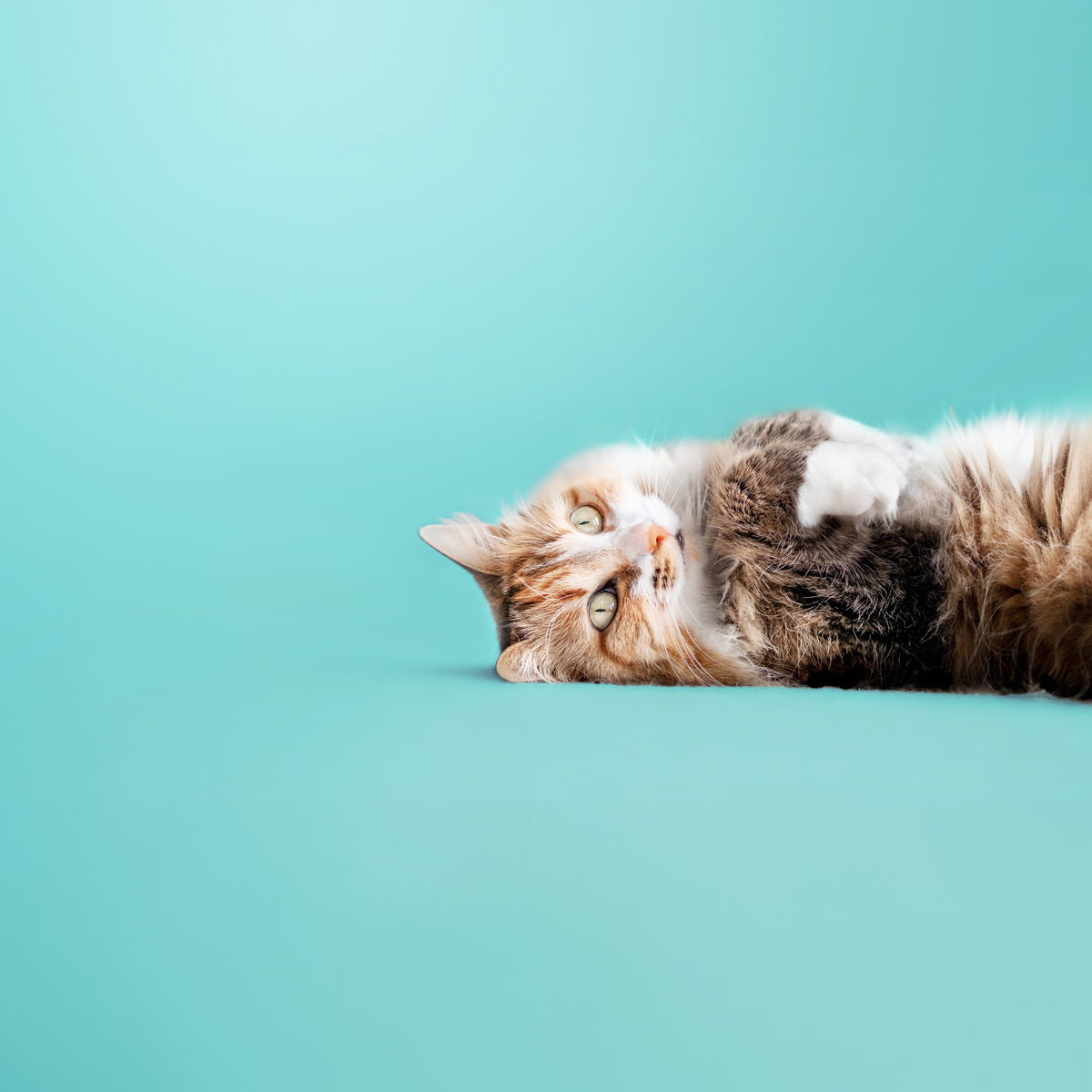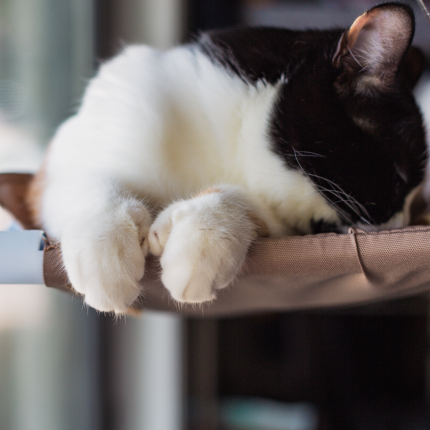Reducing Your Cat’s Hunting Habits

In households worldwide, cats are beloved members of the family. However, their natural instincts to hunt can pose a problem for local wildlife and sometimes leave owners with unwanted “gifts” at their doorstep. A recent scientific trial suggests that there are ways to reduce your cat’s hunting tendencies while keeping them happy. Let’s explore these findings and potential solutions.
The Hunting Instinct
Cats are born hunters. Their hunting instincts are hard-wired into their brains, making it challenging to curb their desire to chase and catch prey. Owners often find themselves dealing with birds, rodents, and other wildlife brought home by their feline companions.
An Innovative Scientific Trial
A scientific study conducted in southwestern England aimed to find effective ways to reduce cats’ hunting instincts while keeping them content. The study involved 219 cat owners, and various methods were tested over 12 weeks. Here are the key findings:
- Birdsbesafe Collars: These colorful collars were the most effective at reducing the number of birds hunted by cats. On average, they decreased bird captures by 42%.
- High-Meat Diet: Cats that were fed a diet rich in meat showed a 36% reduction in hunting activity.
- Playtime: Owners who spent 5 to 10 minutes per day engaging in play with their cats using feather toys and crinkly mouse-type toys saw a 25% decrease in hunting behavior.
- Puzzle Feeders: Surprisingly, puzzle feeders increased predation by 33%, possibly due to cats becoming frustrated and opting to hunt instead.
Ineffective Methods:
- Bells: Bells attached to collars did not significantly affect hunting behavior.
- Changing Cat Food: Switching to store-bought cat food that is grain-free and made entirely of animal protein did reduce hunting but not as effectively as other methods.
Understanding the Success of Strategies
The study didn’t delve into the exact mechanisms behind each strategy’s effectiveness, but some insights can be drawn. The high-meat diet might have satisfied nutrient deficiencies, while playtime could have satiated part of the cats’ hunting instincts. The Birdsbesafe collars likely made cats more visible to birds, reducing their success rate.
Limitations and Controversy
While the study yielded promising results, it’s essential to consider its limitations. Some experts argue that cats might still be hunting but not bringing their prey home. Additionally, well-fed cats have been observed hunting, suggesting that hunger isn’t the sole driver.
Keeping Cats Indoors
One of the most effective ways to prevent hunting behavior is to keep cats indoors. This not only protects wildlife but also safeguards cats from potential dangers, such as traffic, diseases, and injuries. It’s a solution that benefits both the feline and local ecosystems.
Balancing Act
Finding the right balance between letting your cat enjoy its natural instincts and protecting wildlife can be challenging. Some suggest supervised outdoor time in a fenced yard as a compromise. This allows cats to explore while preventing them from roaming freely.
Cats are natural hunters, and curbing their hunting instincts can be complex. While the study highlights promising strategies, each cat is unique, and what works for one might not work for another. Considering your cat’s needs and the environment they live in is crucial. Ultimately, reducing hunting behavior while keeping your feline friend happy is a win-win for everyone involved: you, your cat, and local wildlife.

Featured Articles

Greebles and Cats: The Origin and the Meaning
You may have seen an internet sensation concerning cats labeled “greebles.” Feel out of the loop? We’re here to help you. In 2019, Reddit user /user/literallyatree commented on a Reddit post about a cat that looks like it’s trying to slap a ghost. This user commented: “My family calls things…

Why Do Cats Roll Over Into Their Backs But Not Let You Touch Their Bellies?
It’s common knowledge dogs love to have their tummies rubbed when they freely lay down before you and roll onto their backs. But, if you’re also familiar with cats, you know that when they roll onto their backs with their bellies exposed, rubbing the belly will most likely result in…

Polydactyl Cats: Just More Beans to Love
Polydactyl cats have become extremely popular in recent times. As a result, more and more people are interested in learning more about this six-toed cat and want to get one of their own. If you are a cat lover intrigued by polydactyl cats, you have come to the right place….